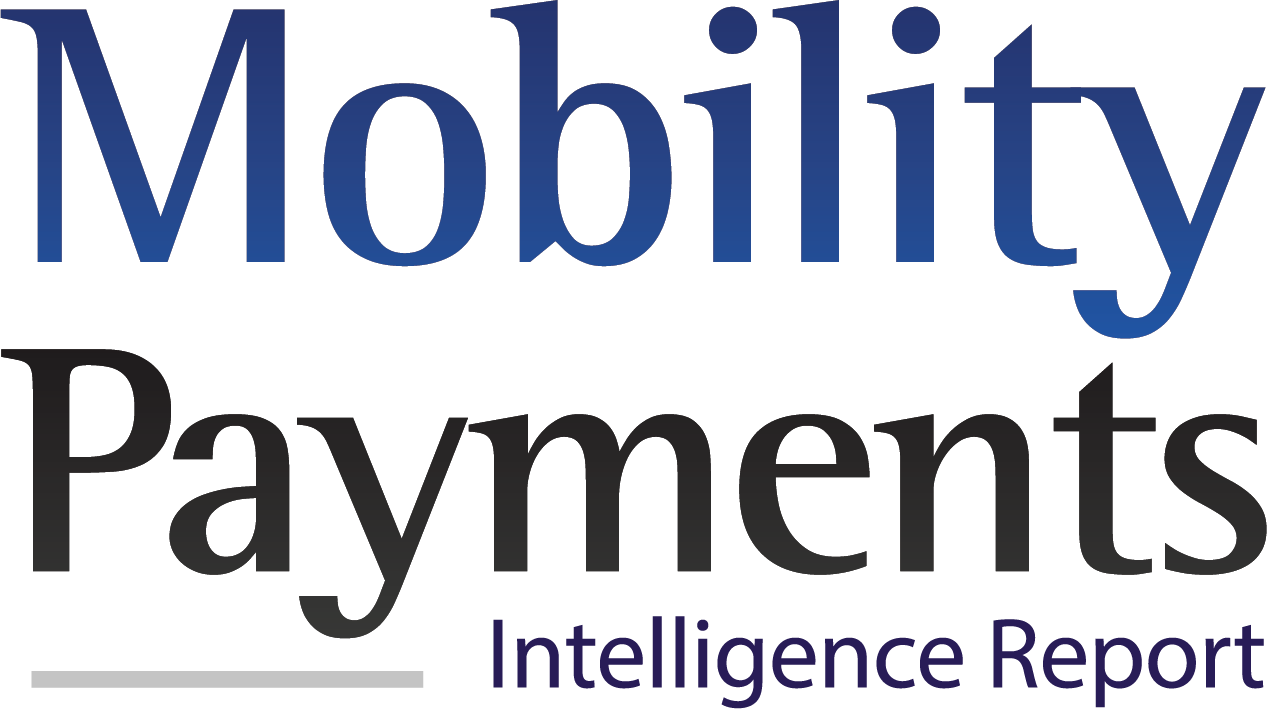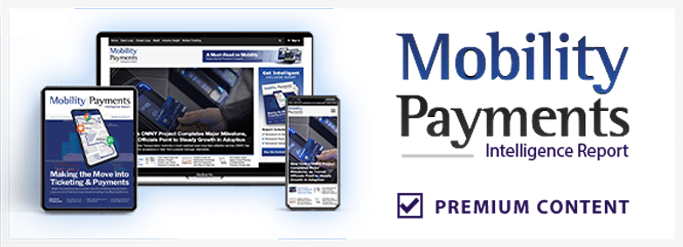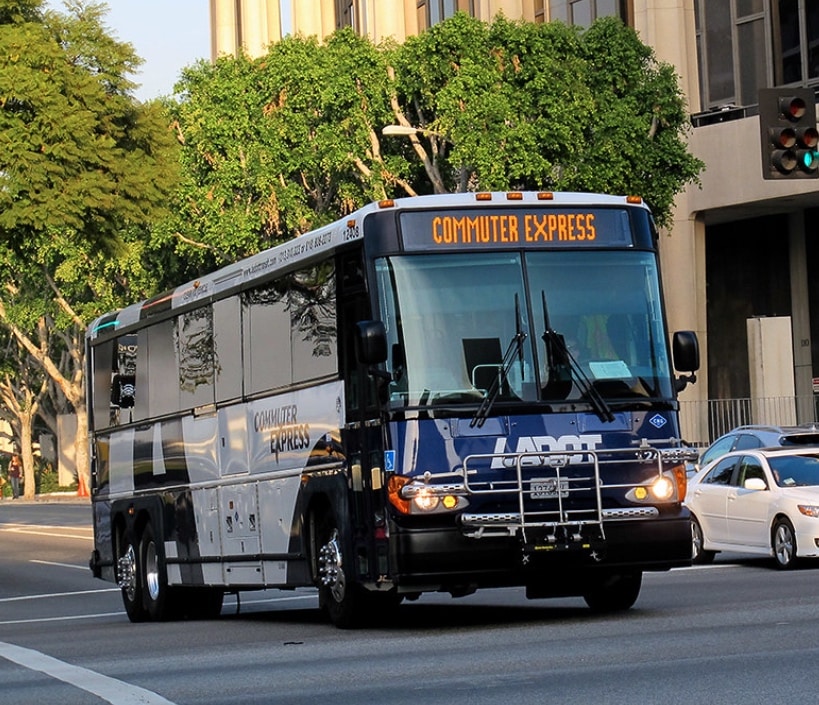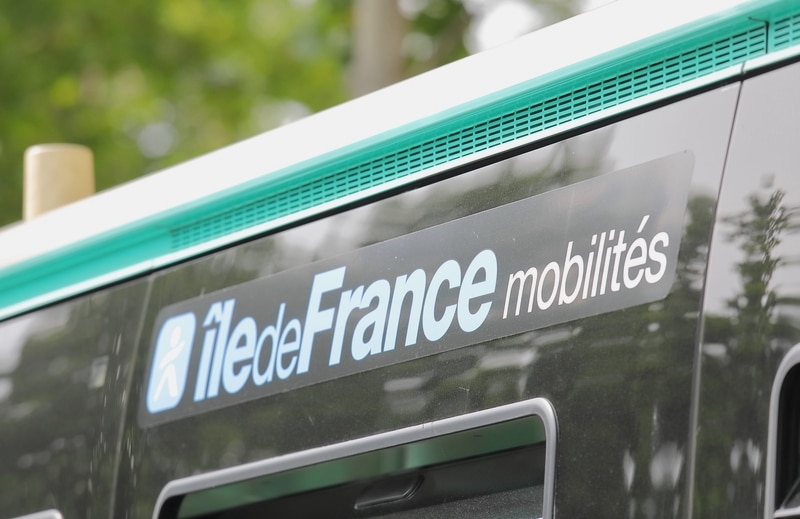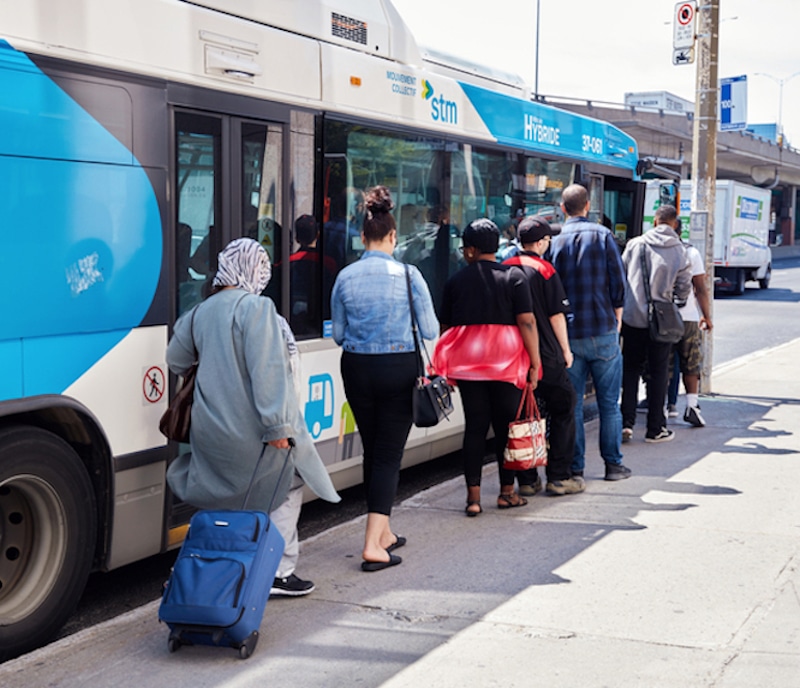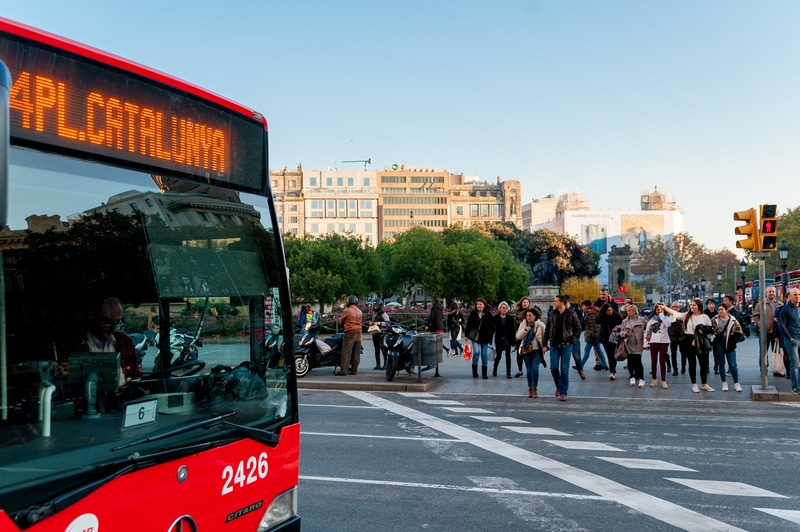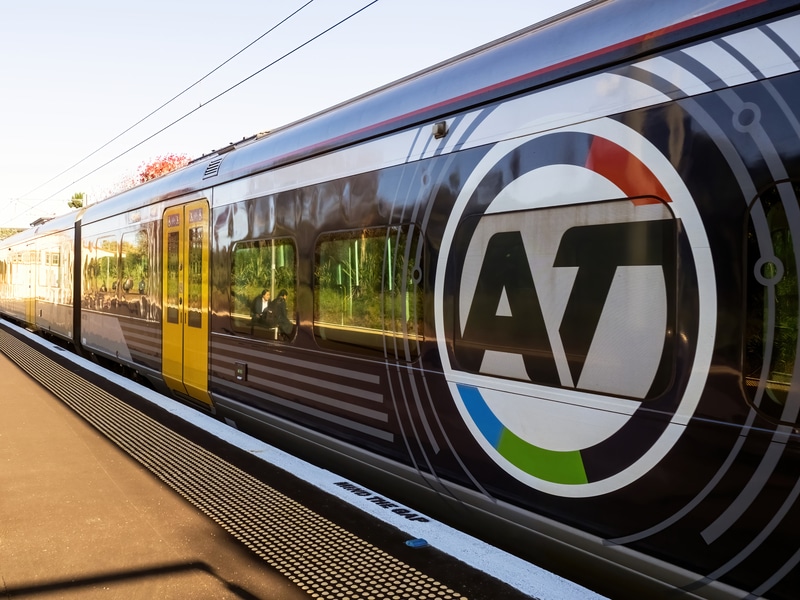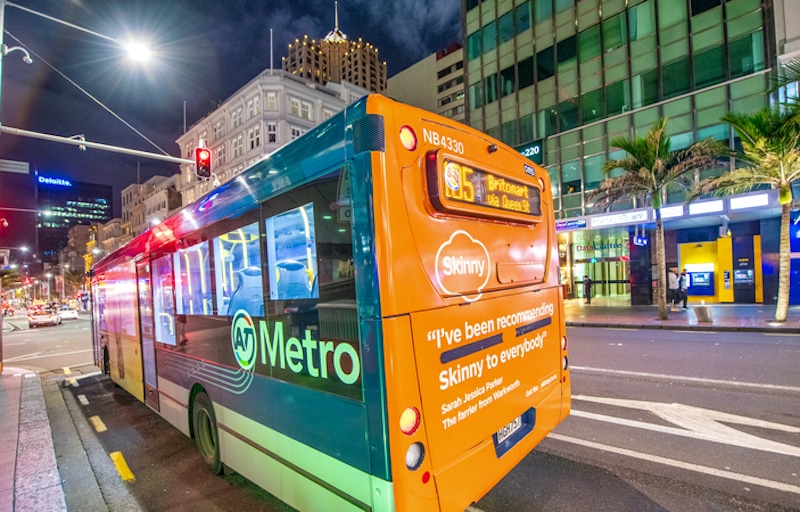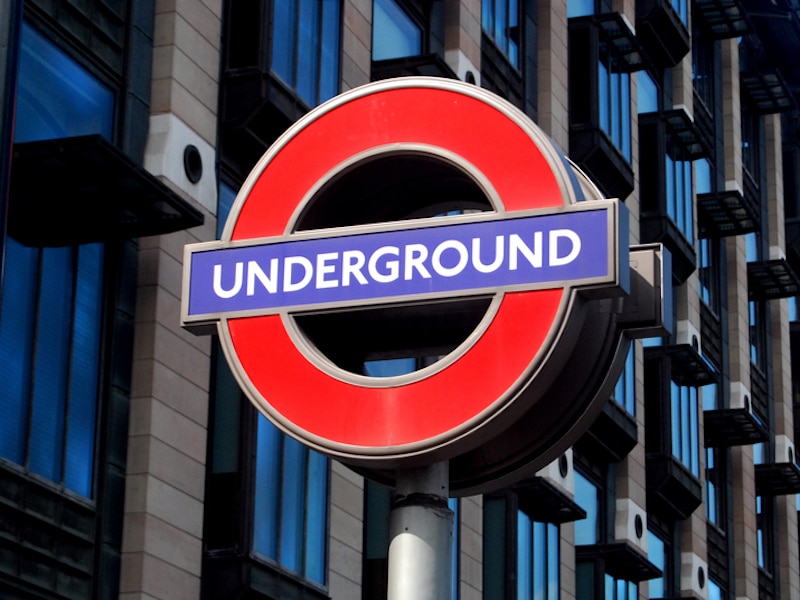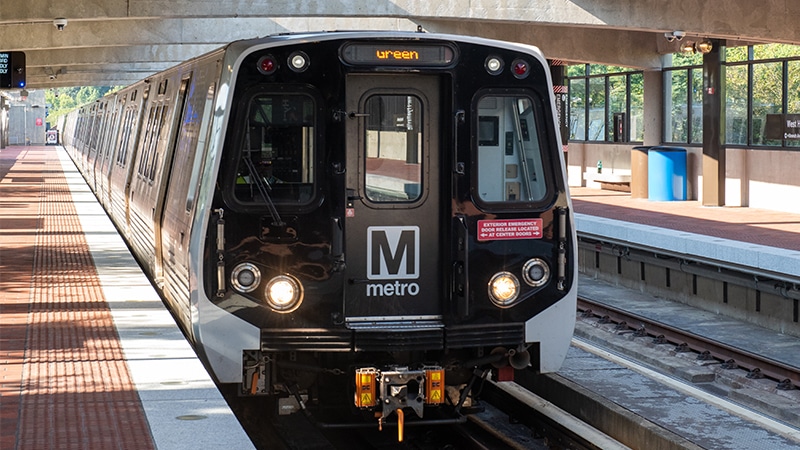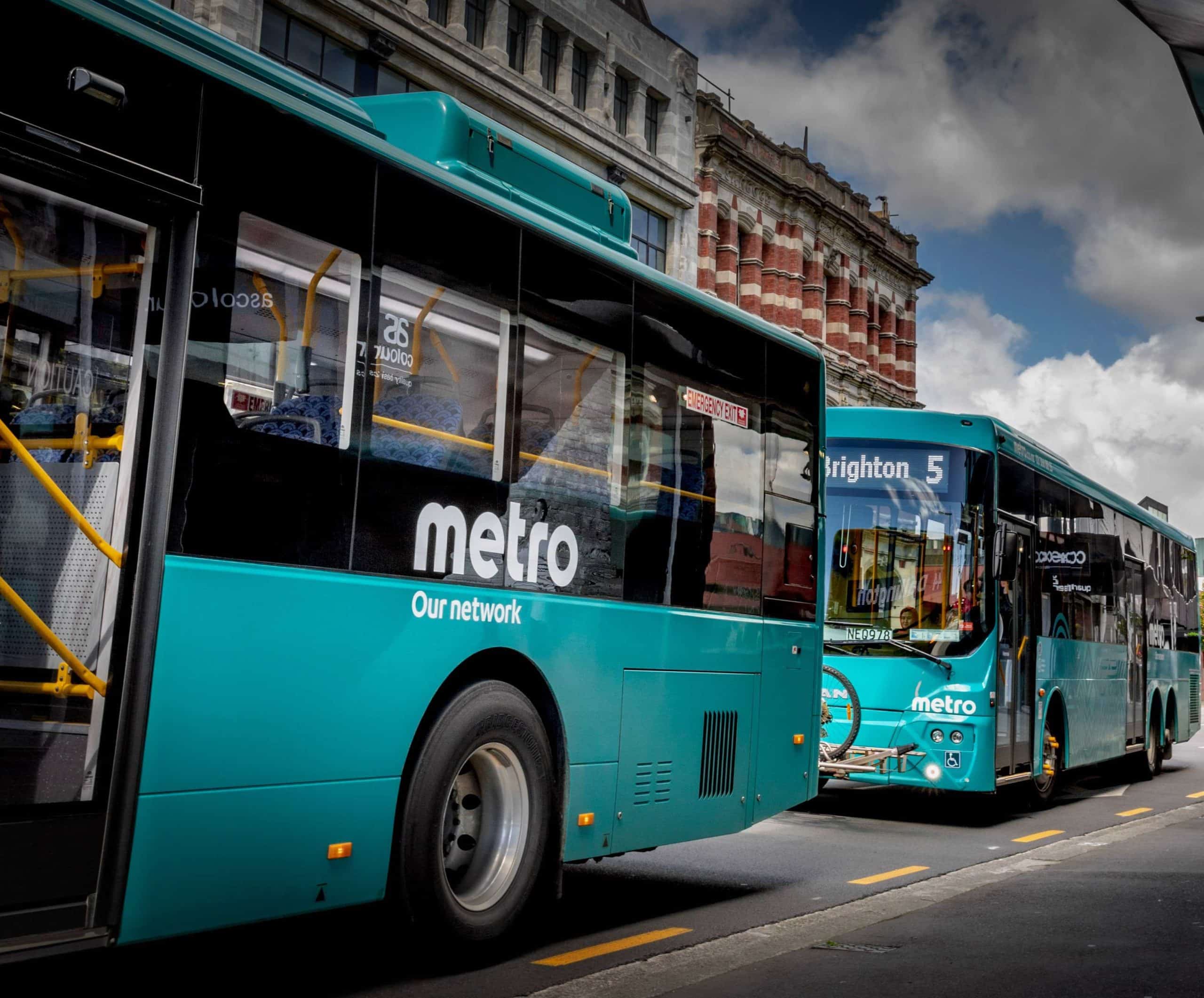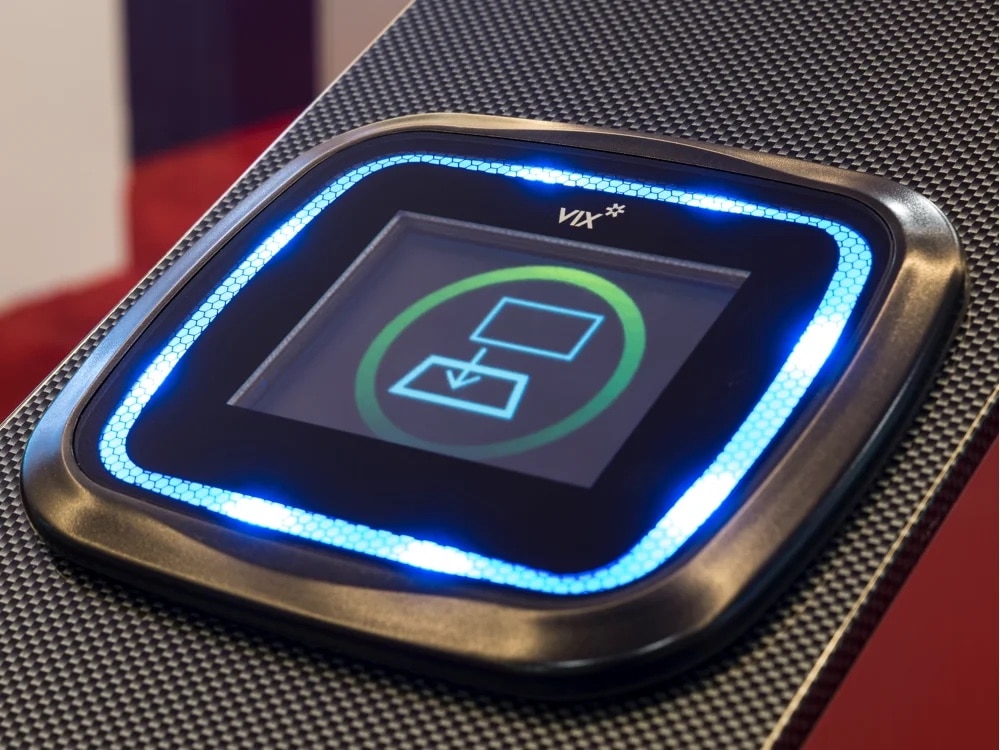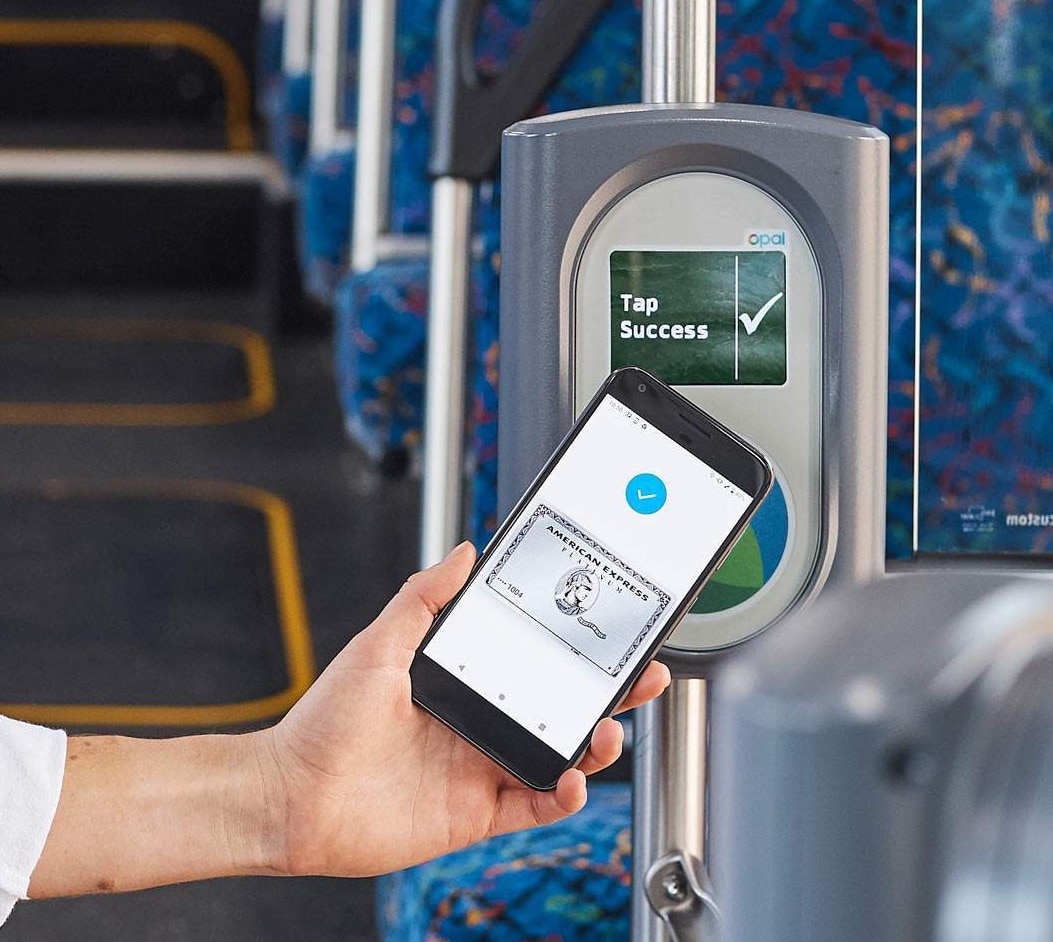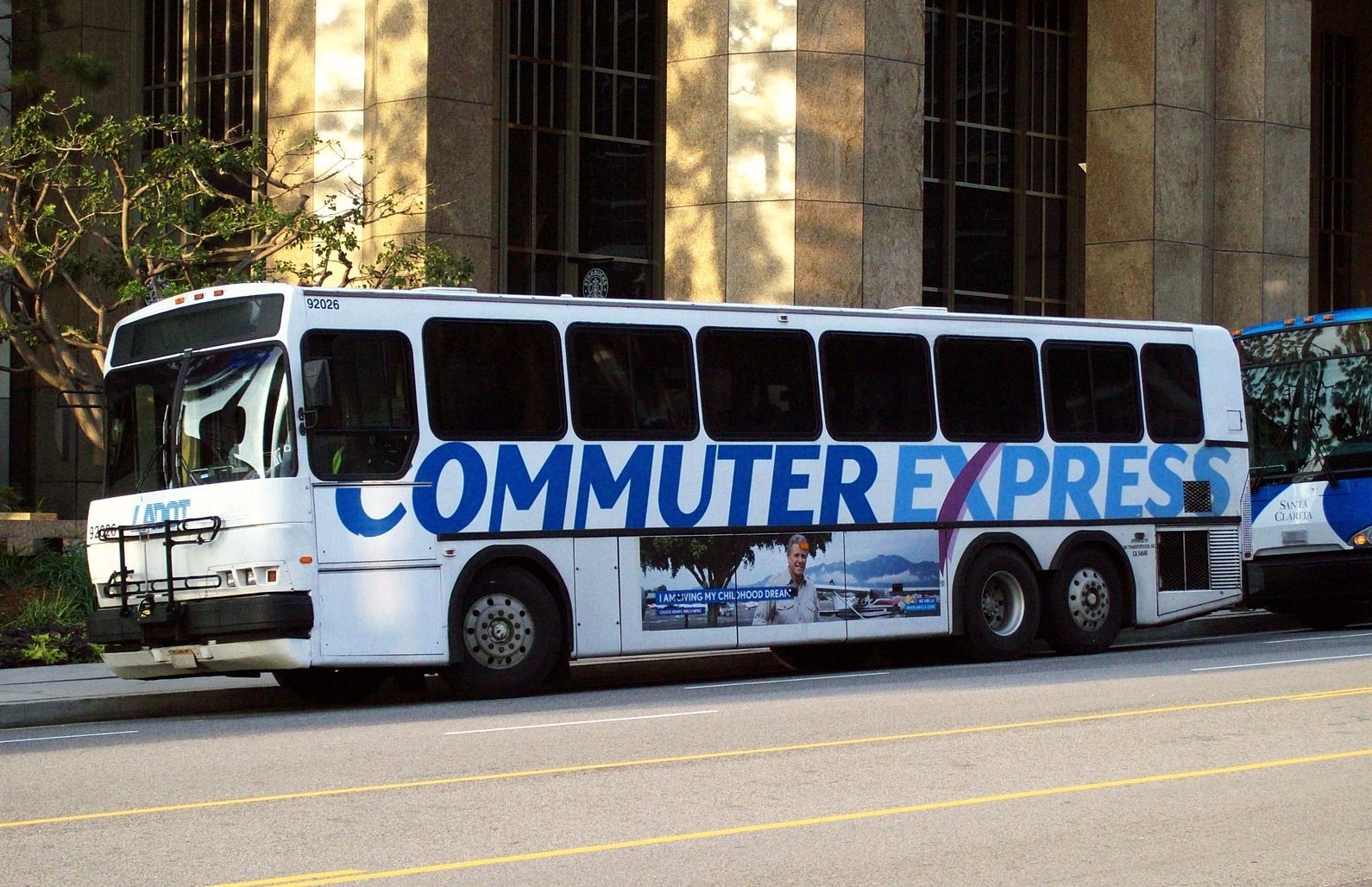
Article Highlights
The Los Angeles Department of Transportation, or LADOT, is the latest agency planning to launch a pilot through the state’s Cal-ITP program. The program seeks to help agencies procure the technology they need to accept open-loop payments. LADOT seeks to accommodate low-income riders with the city’s Angeleno card.
The underbanked, which make up more than 20% of California’s population, do, in fact, have conventional bank accounts and debit cards but do not trust banks because of the fees they charge, said Cal-ITP program director Gillian Gillett. That includes a fee for going under the minimum account balance.
The Los Angeles Department of Transportation, or LADOT, the city-owned transit agency that runs fixed-route and commuter bus service in and around the city, plans to launch a trial of open-loop payments as part of the California Integrated Travel Project, Mobility Payments has learned.
